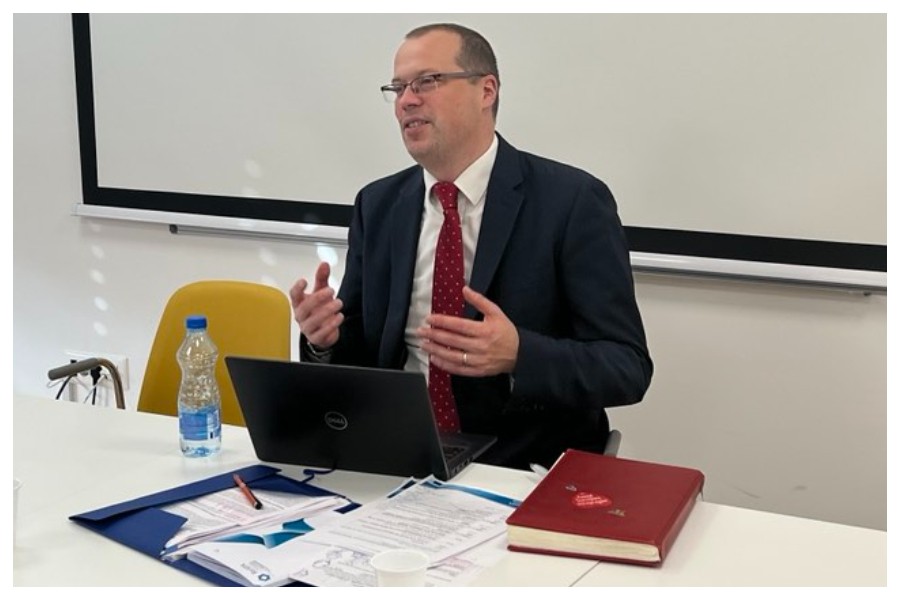
Why is the transition from personnel management to strategic human resource management important?
Western Balkan administrations are striving to improve the functioning of their civil service by modernising HR processes and tools. They have achieved progress by digitalising certain processes, introducing modern tools like performance appraisals, limiting undue political interference in HRM, ensuring equal rights of candidates, as well as already employed civil servants, and introducing more flexible solutions in response to COVID-19 pandemics. But has personnel administration evolved into strategic HRM? Was the role of HR units transformed into strategic business partners?
The main feature of strategic HRM is the close alignment of HR policies with organisational strategy and priorities, which has important implications for the role of HR units. HR units are traditionally the guardians of compliance who ensure that the relevant civil service and Labour Code provisions are properly applied. Nevertheless, their role should go much further – they should be in constant interaction and dialogue with higher management and line departments to make sure that HR adds value and supports the achievement of organisational objectives. To be able to fulfil this role, HR professionals need to understand well the needs of line departments and be committed to supporting them as business partners. Besides formal coordination and meetings, why not introduce short assignments/internships for HR professionals to line departments? For sure, it would increase their understanding of the work of a ministry and facilitate future cooperation.
Strategic HRM emphasises planning, as opposed to ad hoc, reactive approach to encountered challenges. It means planning several years ahead to make sure that the organisation is preparing already now for internal and external challenges that are likely to occur in the future through, for example, strategic workforce planning.
Accurate planning is impossible without effectively using available evidence. It means making good use of data already available in HR registers by applying relevant metrics but also investing in collecting additional data through, for example, engagement or motivation surveys, stay and exit interviews, measuring candidates` experience, etc.
Another important feature of strategic HRM is the integrated approach. HR processes do not work in isolation – they are all interconnected and require systems thinking. For instance, if an organisation decides that its priority is to support innovation and creativity, it requires undertaking actions in all HR areas (and beyond HR), starting from re-designing job descriptions and requirements, using effective attraction channels and strategies, testing relevant competencies during selection, and introducing adequate motivational and professional development tools; it requires even re-thinking existing disciplinary procedures.
And finally, strategic HRM requires adequate positioning of HR units as business partners. Their role is not to take over the responsibility for HRM from managers – on the contrary – it means empowering managers to manage their teams and provide them with the necessary support.
Transforming personnel management into strategic HRM is a lengthy process that can not be achieved by just adopting a formal Human Resource Strategy document. Progressing in this direction is, however, extremely rewarding – not only will it result in better functioning of a whole public organisation, but it also will increase the visibility, prestige, and role of HR professionals!
Wojciech Zieliński is a freelance senior expert on HRM and public administration reform.
He is a senior certified professional by the Society for Human Resource Management (SHRM-SCP) and a member of the Editorial Board of the scientific bimonthly ‘Human Resource Management’ (Polish Institute of Labour and Social Affairs). He authors several academic articles on civil service reform and HRM. Mr Zieliński has rich experience working on HRM in public administration as a senior public official in Poland, senior policy advisor in the SIGMA Programme and the OECD and currently – as a senior expert working on several projects worldwide, including in the Western Balkans.



